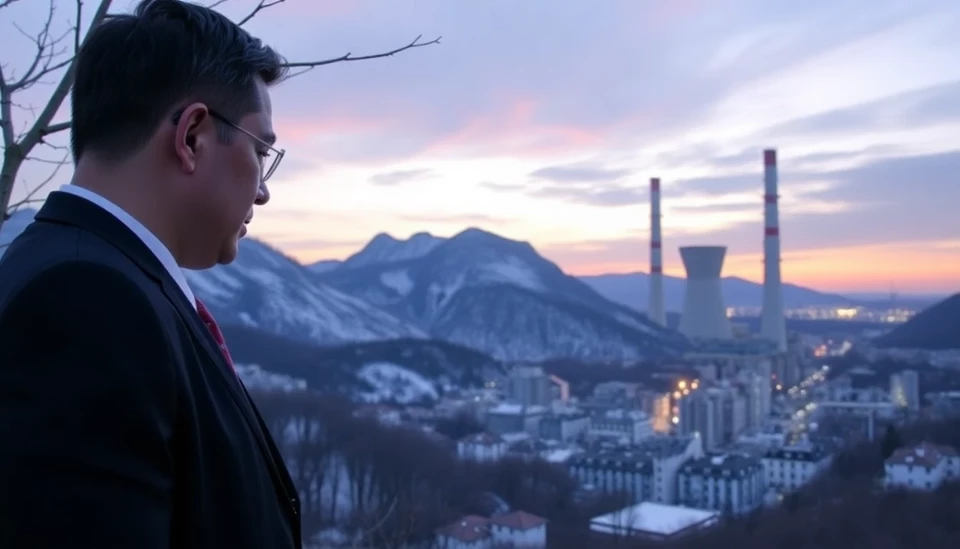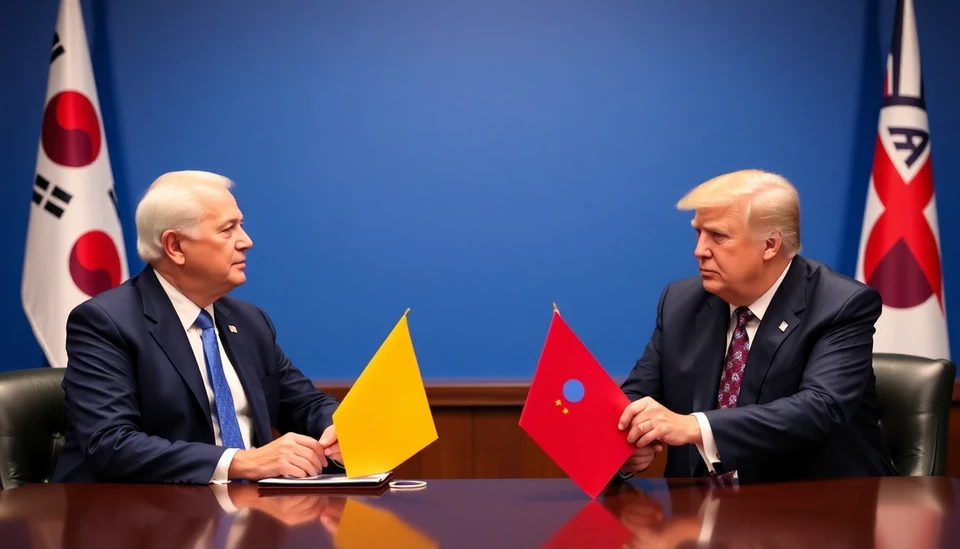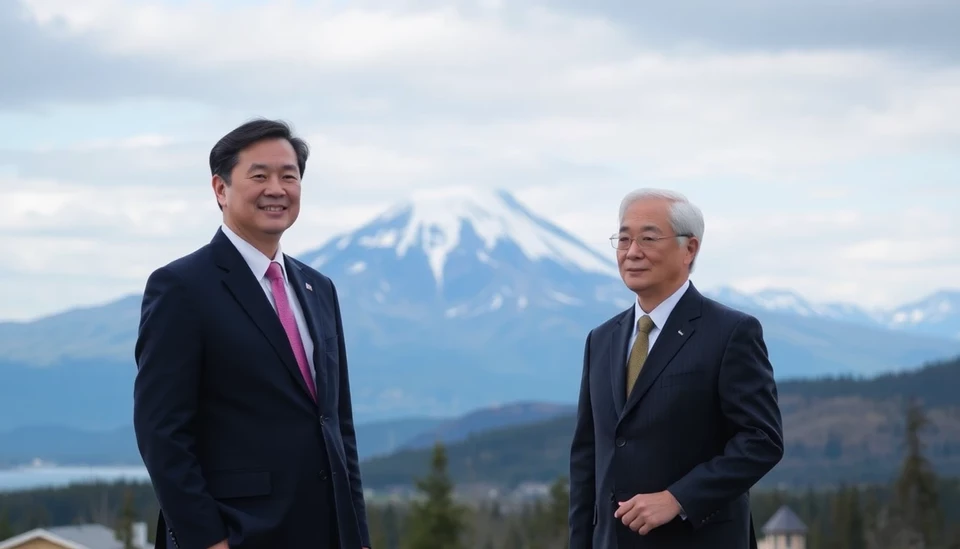
In a surprising turn of events, South Korea has officially terminated plans for a new nuclear reactor. This decision comes on the heels of the recent impeachment of the pro-nuclear president, shaking the foundations of the country's energy policy and future nuclear ambitions.
The administration, previously led by an advocate for nuclear energy, had set forth ambitious plans to expand the nation’s nuclear infrastructure in a bid to bolster energy security and reduce reliance on fossil fuels. However, with the recent political upheaval, these plans have come to a grinding halt.
In an emergency session, lawmakers voted to cancel the construction of the reactor, which had been projected to provide significant benefits to the nation’s power grid and was part of broader efforts to modernize the energy sector. The reactor's cancellation marks a pivotal shift in Korea's energy strategy, reflecting the growing public sentiment against nuclear power in light of safety concerns and the implications of past nuclear incidents.
The impeachment process that led to this decision was steeped in controversy, with the former leader facing intense scrutiny over their nuclear policies, which many critics deemed reckless. Activists and grassroots organizations have long protested against the use of nuclear energy, arguing that the potential risks outweigh the benefits. The former president’s advocacy for nuclear energy proved to be a contentious point, contributing to a political environment increasingly skeptical of atomic power.
The cancellation has reignited debates surrounding South Korea's energy future. With a significant reliance on coal and natural gas, questions arise about how the country will meet its energy demands without the nuclear option. Environmentalists hail the decision as a necessary step towards cleaner, safer energy alternatives, while others warn that abandoning nuclear plans may lead to energy shortages in the coming years.
In the days following the cancellation, South Korean officials have indicated that they will consider a range of renewable energy solutions, including solar and wind power, as potential replacements to fill the energy gap left by the shuttered nuclear initiative. The government aims to establish new energy policies that prioritize sustainability and safety, ultimately seeking public approval in a country that has shown significant distrust towards nuclear energy.
This episode in South Korea’s energy saga encapsulates the challenging dynamics of energy policy in a region marked by rapid technological advancement, political turbulence, and environmental concerns. Stakeholders across the energy spectrum are keenly observing how the government will navigate this transformation in the wake of the reactor's cancellation and the new leadership preferences emerging within the political landscape.
As the nation moves forward, it remains to be seen how these changes will impact electric reliability and prices, and what long-term implications they will hold for South Korea's position in the global energy market.
South Korea now stands at a crossroads, and its decisions in the coming months might reshape not only its energy policy but also its relationship with nuclear power for years to come.
#SouthKorea #NuclearEnergy #EnergyPolicy #RenewableEnergy #Impeachment #PoliticalChange #EnergyFuture
Author: Peter Collins




